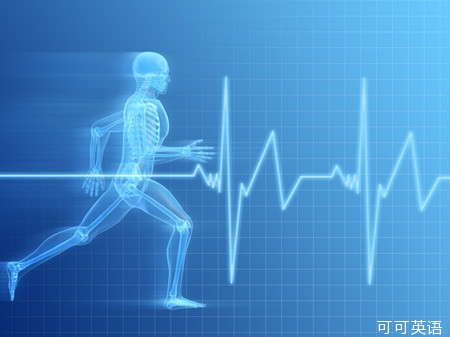
Reading in dim light won't damage your eyes, you don't need eight glasses of water a day to stay healthy and shaving your legs won't make the hair grow back faster.
These well-worn theories are among seven "medical myths" exposed in a paper published in the British Medical Journal.
Two U.S. researchers, Aaron Carroll and Rachel Vreeman, took seven common beliefs and searched the archives for evidence to support them.
Despite frequent mentions in the popular press of the need to drink eight glasses of water, they found no scientific basis for the claim. The other six "myths" are:
Reading in dim light ruins your eyesight
在昏暗的灯光下看书会毁坏视力
The majority of eye experts believed it was unlikely to do any permanent damage, but it might make you squint, blink more and have trouble focusing, the researchers said.
Shaving makes hair grow back faster or coarser
剔除毛发后反会令毛发长得更快更粗
It has no effect on the thickness or rate of hair regrowth. But stubble lacks the finer taper of unshaven hair, giving the impression of coarseness.
Eating turkey makes you drowsy
吃火鸡会令人昏昏欲睡
It does contain an amino acid called tryptophan that is involved in sleep and mood control. But turkey has no more of the acid than chicken or minced beef. Eating lots of food and drink at holidays are probably the real cause of sleepiness.
We use only 10 percent of our brains
只有10%的大脑被利用
This myth arose as early as 1907 but imaging shows no area of the brain is silent or completely inactive.
Hair and fingernails continue to grow after death
人死后头发和指甲还会生长
This idea may stem from ghoulish novels. The researchers said the skin dries out and retracts after death, giving the appearance of longer hair or nails.
Mobile phones are dangerous in hospitals
在医院里使用移动电话有风险
Despite widespread concerns, studies have found minimal interference with medical equipment.












